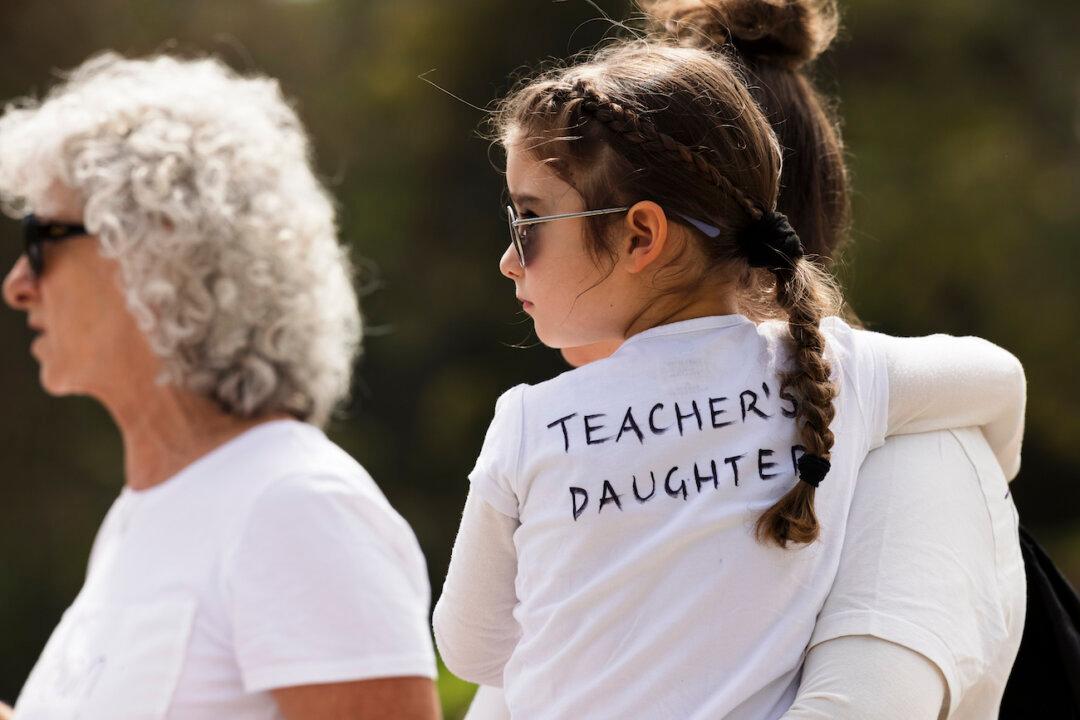Commentary
In an article provocatively entitled “Are We Headed for a Civil War?” Star Parker speculates about the likelihood of a second internal conflict in the United States. She argues that to ensure a peaceful future, and avoid the inferno of a civil war; a country must have common core values and principles that are supported by the majority of its citizens.





